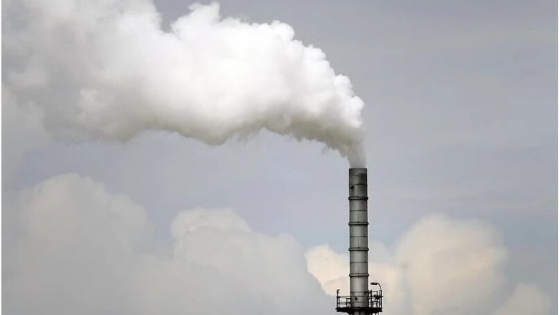Singapore's $90 Million Research Programme on Hydrogen and Sustainable Chemicals
Key Ideas
- Singapore launches a $90 million programme to advance research in hydrogen utilization and greener chemicals, aiming to decarbonize energy and industry sectors.
- The Create Thematic Programme in Decarbonization includes nine research projects over three to five years covering hydrogen utilization, green chemistry, synthetic biology, and chemical transformation.
- The research involves collaboration between Singaporean universities like NUS and NTU, along with international partners from institutions in the UK, China, Germany, and Japan.
- This initiative aligns with Singapore's National Hydrogen Strategy, targeting 50% low-carbon hydrogen usage in electricity generation by 2050 and plans for hydrogen-ready power plants by 2030.
Singapore is making significant strides in decarbonizing its energy and industrial sectors through a new $90 million research programme focused on hydrogen utilization and sustainable chemicals. The National Research Foundation (NRF) has launched 'The Create Thematic Programme in Decarbonization' consisting of nine research projects spanning key domains like hydrogen utilization, green chemistry, synthetic biology, and chemical transformation. The aim is to develop technologies for cleaner energy production and greener chemical processes, including the production of sustainable aviation fuel. This initiative is pivotal in Singapore's efforts to build capacity in hydrogen utilization and explore innovative ways to reduce carbon emissions.
The program involves leading researchers from prestigious institutions such as the National University of Singapore (NUS), Nanyang Technological University (NTU), and international partners from the University of Cambridge, Shanghai Jiao Tong University, Max Planck Institute in Germany, and Tohoku University in Japan. By fostering collaborations with these experts, Singapore aims to gain insights into hydrogen combustion, green chemistry applications, synthetic biology advancements, and chemical transformation methods.
In line with its commitment to sustainable energy practices, Singapore had previously unveiled its National Hydrogen Strategy, highlighting the potential of low-carbon hydrogen in the country's energy mix. By targeting 50% reliance on low-carbon hydrogen for electricity generation by 2050 and planning for hydrogen-ready power plants by 2030, Singapore is positioning itself as a leader in renewable energy adoption. The research outcomes from the NRF's programme are expected to contribute significantly to achieving these ambitious decarbonization goals, paving the way for cleaner energy production and innovative chemical processes in Singapore.
Topics
Asia
Renewable Energy
Decarbonization
Green Chemistry
National Strategy
Academic Partnerships
Research Programme
Latest News
